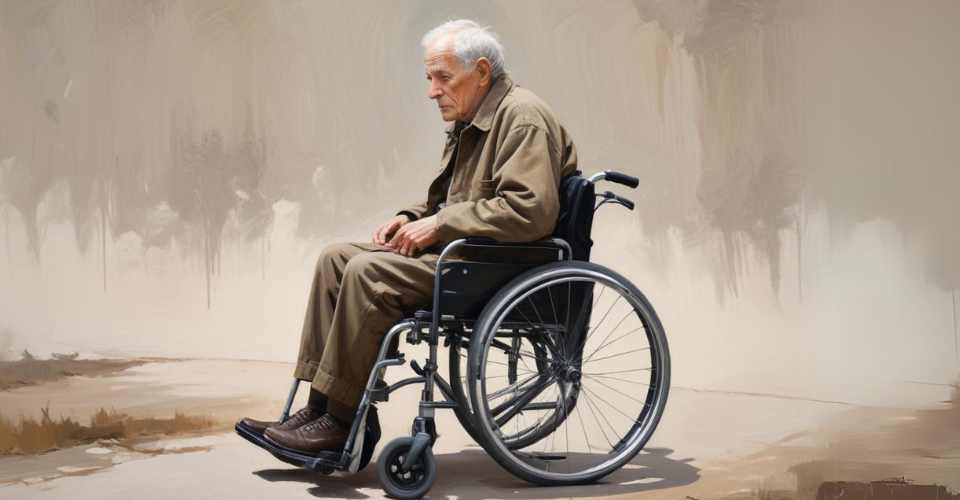Epigenetic Age Acceleration: The Hidden Link
A recent study published in Psychology and Aging has suggested that there is a relationship between loneliness and accelerated biological aging, as well as worsening of chronic health conditions among older adults. This novel research by Colin D. Freilich et al. uncovers the adverse effects of loneliness on body health that go beyond previously known relationships with cardiovascular, inflammatory, or metabolic conditions.
Understanding Epigenetic Aging
The focus of the research is on epigenetic aging whereby someone’s biological age goes out of synchrony with their actual age because of molecular alterations in DNA. It contributes novel ideas about how loneliness can influence the health of an individual at the molecular level. The authors’ goal was to examine whether loneliness is associated with accelerated epigenetic aging and if this in turn affects chronic health conditions.
Data from MIDUS: A Comprehensive Analysis
Using data from the Midlife Development in the United States (MIDUS) study, which investigates psychological, social and biological factors in ageing, researchers analyzed 445 participants aged 26-86 years. Loneliness was assessed at baseline using self-report items where respondents were asked to rate their feelings of loneliness; closeness to others; as well as feelings of belonging on a five-point scale.
Within 12 months at two subsequent time points participants reported any chronic illness they had experienced or received treatment for. Epigenetic age acceleration (EAA) was evaluated using DNA methylation profiles derived from blood samples with epigenetic clocks like DunedinPACE, Horvath and GrimAge being used for estimating one’s biological age.
Key Findings: Loneliness and Biological Aging
The study established that over different measures increased EAA slightly related to greater loneliness even after taking into account demographic variables such as sex and race/ethnicity along with behavioral factors like smoking, alcohol use, and body mass index. Individuals who indicated higher levels of loneliness displayed greater biological aging compared to others as measured by the epigenetic clocks.
Furthermore, Loneliness predicted an increase in the number of chronic health conditions over time. The effect was more pronounced among individuals with higher DunedinPACE EAA scores, indicating joint action between loneliness and biological aging.
Direct Impact of Loneliness on Health
While EAA had a relationship with both loneliness and health outcomes, it did not fully mediate their association. It is therefore evident that besides its influence on biological aging, loneliness impacts directly on one’s health. The study suggests that there is need to intervene on loneliness as far as public health is concerned so as to limit its negative effect on human well-being.
Study Limitations and Future Research
The authors acknowledged that the instruments used for measuring loneliness and chronic health conditions in this study were self-report measures which can introduce some errors in estimation results. Nonetheless, these findings offer useful insights into the intricate link among feelings of isolation, aging process in human cells and vulnerability to long-lasting morbidities.
The study “Loneliness, Epigenetic Age Acceleration and Chronic Health Conditions” was authored by Colin D. Freilich Kristian E. Markon Steve W. Cole Robert F. Krueger. More research should be done to analyze this further and also develop interventions aimed at addressing the negative effects of being lonely on individual’s health.
Addressing Loneliness for Better Health Outcomes
Therefore, it is crucial that associations which aim at improving wellbeing among older persons take urgent steps towards combating loneliness so as to enhance quality of life brought about by ill-health. By understanding the biology behind loneliness-induced effects healthcare givers will be better placed to offer support for such affected people thereby reducing chances associated with getting chronic diseases.


